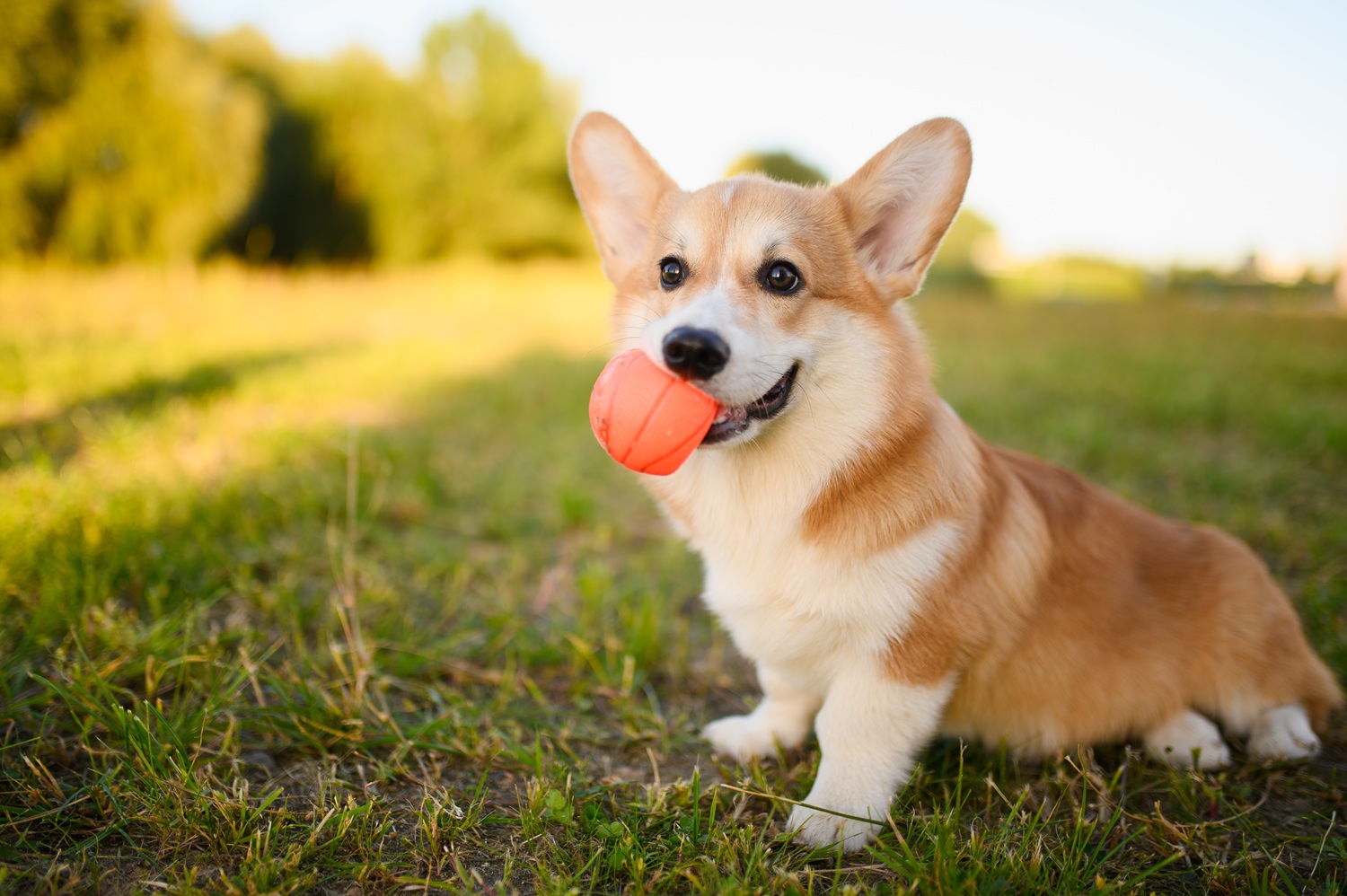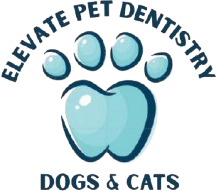
When Your Pet’s Bite Doesn’t Align
Understanding Malocclusions in Dogs and Cats
A healthy smile isn’t just for people—it matters for pets too! Misaligned teeth or jaws, known as malocclusions, are common in dogs and cats. Left untreated, they can cause pain, difficulty eating, and long-term oral health issues. At Elevate Pet Dentistry, we believe early recognition and treatment are the keys to protecting your pet’s comfort and well-being.
What is malocclusion?
A malocclusion occurs when the teeth or jaws do not align properly, resulting in an abnormal bite. While some malocclusions are simply cosmetic, many can lead to:
- Gum trauma
- Difficulty chewing
- Oral injuries
- Early-onset periodontal disease
Types of Malocclusions
- Normal Scissor Bite: Ideal alignment where upper incisors slightly overlap the lower ones.
- Class I (Dental Malocclusion): Jaws are aligned, but individual teeth are out of place.
- Class II (Overbite): Upper jaw extends significantly beyond the lower jaw.
- Class III (Underbite): Lower jaw protrudes beyond the upper jaw (common in Bulldogs, Pugs, etc.).
- Class IV (Wry Bite or Asymmetrical Jaw): Irregular growth of one side of the jaw or a mix of misalignments that don’t fit Classes I–III.
Signs Your Pet May Have a Malocclusion
Look out for:
- Difficulty chewing or picking up food
- Drooling or reluctance to eat
- Bad breath (halitosis)
- Visible jaw or tooth misalignment
- Lip, cheek, or gum trauma
- Pawing at the mouth or facial sensitivity
If you notice any of these signs, schedule an oral exam with your veterinarian.
What causes malocclusion?
- Inherited Traits: Common in certain breeds like Bulldogs, Boxers, and Persians.
- Retained Baby Teeth: When baby teeth don’t fall out, they can force permanent teeth into poor positions.
- Jaw Trauma: Injury during development can permanently alter alignment.
- Developmental Conditions: Abnormal jaw growth in early life can lead to lifelong bite issues.
Breeds Prone to Malocclusions
Dogs
- Brachycephalics (Bulldogs, Pugs, Boston Terriers, Boxers) – Prone to Class III underbites
- Dolichocephalics (Dachshunds, Greyhounds, Collies, Shelties) – Prone to overbites or wry bites
Cats
- Brachycephalics (Persian, Himalayan, Burmese, Exotic Shorthair)
- Other Purebreds (Siamese, Rex, Maine Coon)
Diagnosing & Treating Malocclusions
A proper diagnosis includes a comprehensive oral exam and dental radiographs performed under anesthesia. This allows us to assess hidden damage, jaw alignment, and soft tissue trauma.
Treatment Options:
- Monitoring: Minor issues may only need periodic observation.
- Tooth Extraction: Removing misaligned or persistent teeth can prevent injury.
- Orthodontics: In some cases, braces or appliances are used to guide proper alignment.
- Oral Surgery: Severe structural issues may require surgical correction.
Why Treating Malocclusions Matters
If left untreated, malocclusions can lead to:
- Pain and trauma to gums, tongue, and soft tissues
- Increased dental disease due to tartar buildup in hard-to-clean areas
- Feeding challenges, leading to weight loss or malnutrition
- Premature tooth loss from overcrowding or trauma
Caring for Your Pet’s Oral Health
- Annual Veterinary Dental Exams: Early detection = easier treatment.
- Daily or Regular Dental Home Care: Options include:
- Brushing (when possible)
- Dental wipes
- VOHC-approved water/food additives
- Dental diets or chews
Visit the VOHC website for proven home care products.
- Professional Dental COHATs: Routine cleanings with full evaluations and x-rays under anesthesia help maintain long-term oral health.
A Better Bite = A Happier Pet
Misaligned bites don’t just affect your pet’s smile—they affect their comfort, behavior, and health. At Elevate Pet Dentistry, we’re here to help your pet eat, play, and live without pain.
Think your pet may have a bite issue? Contact us today for a consultation or full dental evaluation.
